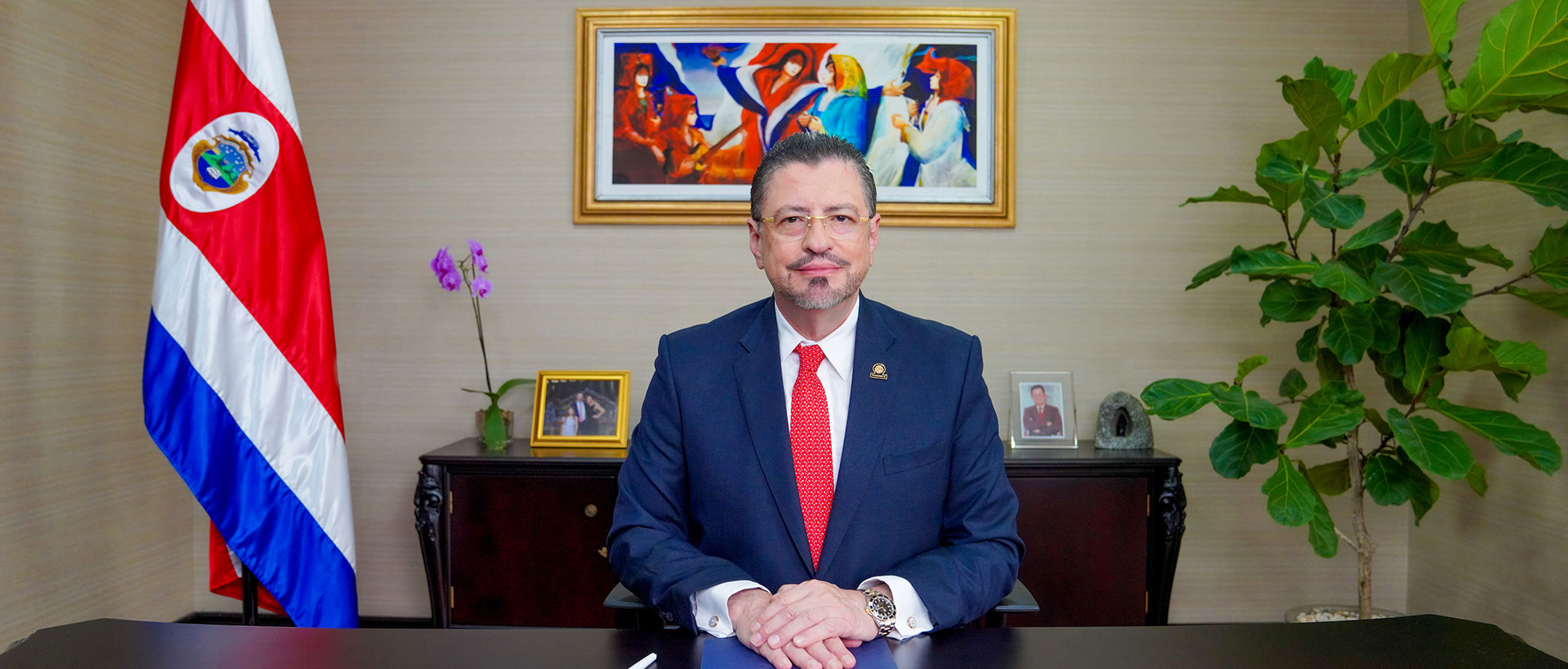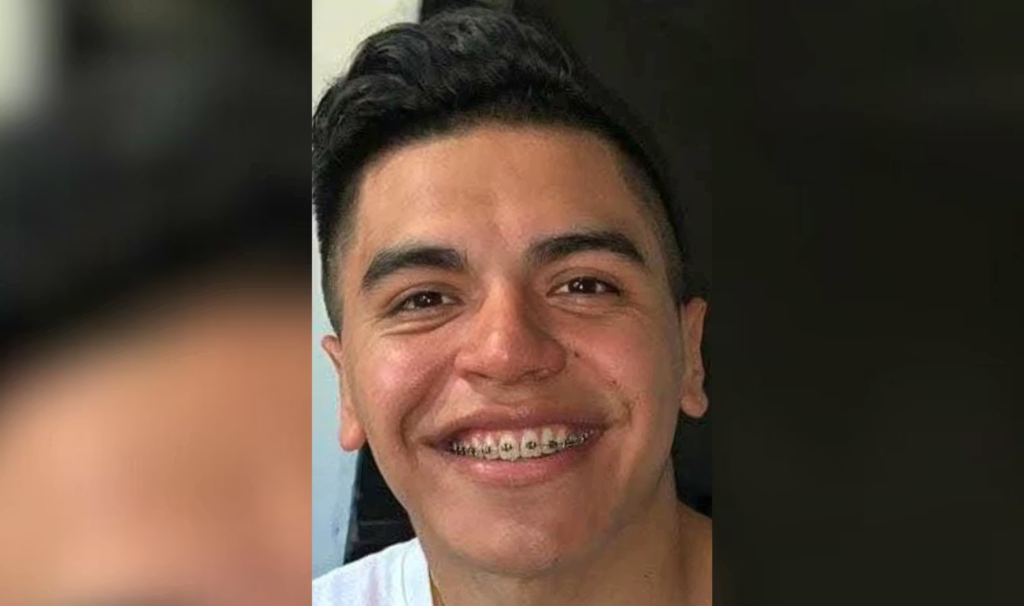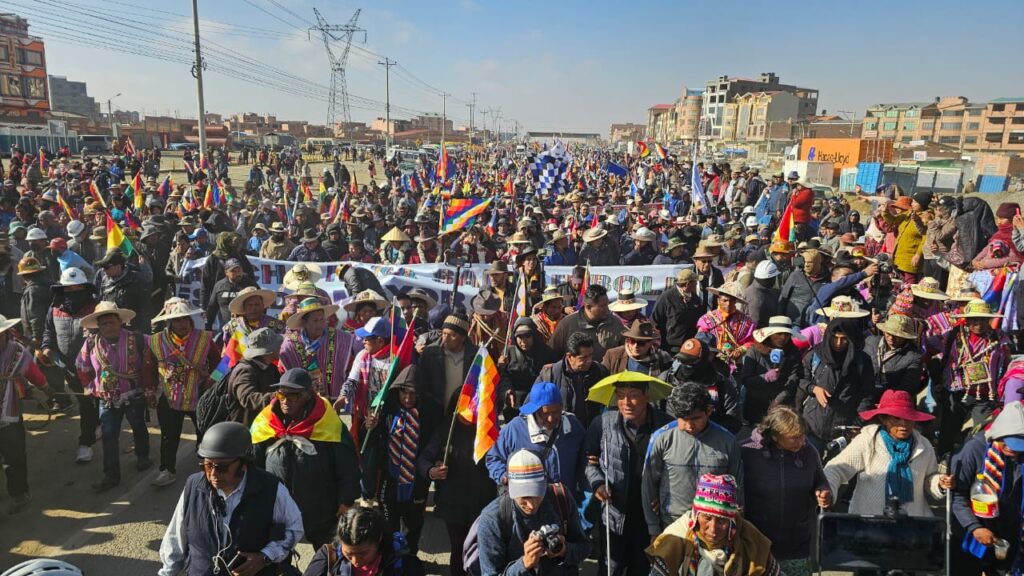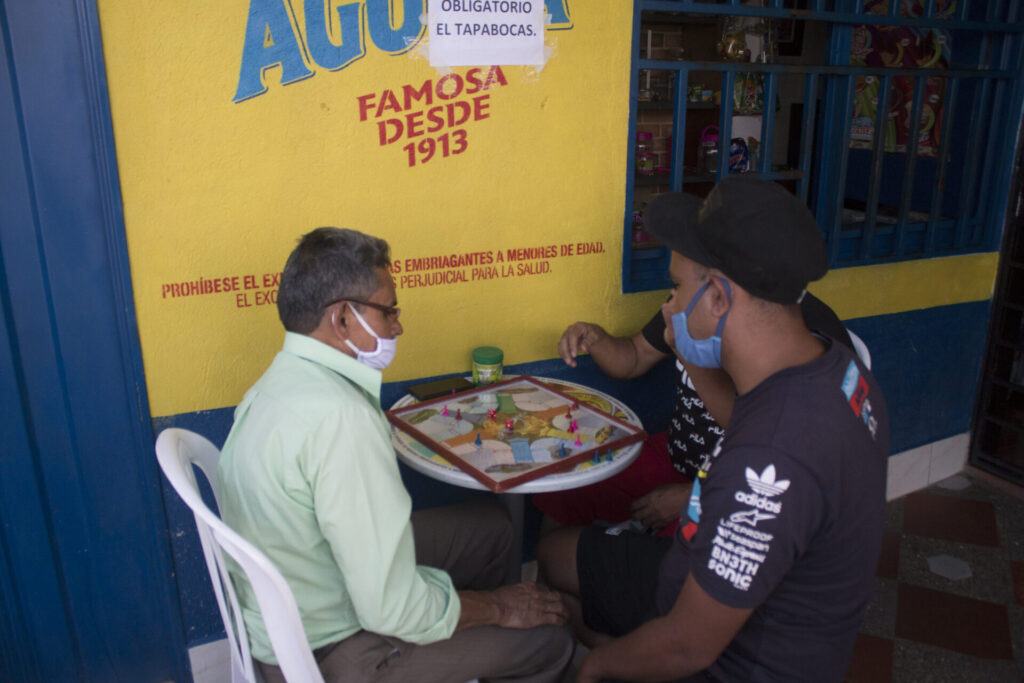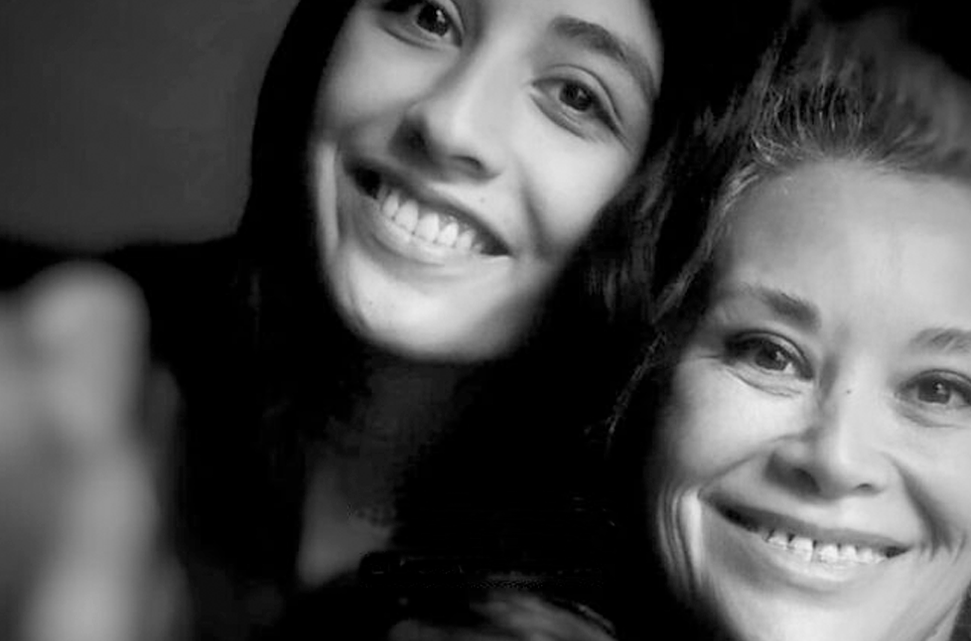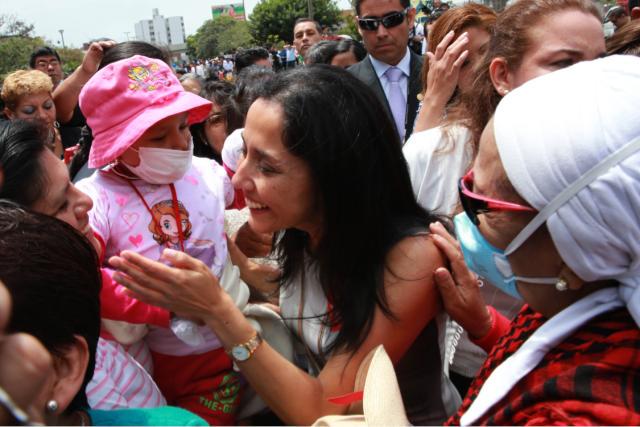Costa Rica’s Supreme Electoral Tribunal (TSE) has formally requested the Legislative Assembly strip President Rodrigo Chaves of his immunity from prosecution. The request, announced on October 7, is based on allegations that the president committed acts of “political bias” by illegally involving himself in electoral politics to benefit a political party.
In a resolution dated October 3 and published on the institution’s official X account, the TSE’s specialized section stated the move follows 15 separate complaints against the head of state for the crime of “political belligerence.” This legal term refers to a public official using their position to directly or indirectly benefit a political party or engage in electoral activities.
“This decision was adopted by the Specialized Section in response to a series of accumulated complaints (…) and after receiving reports from the Electoral Inspection body, which had been ordered to conduct preliminary investigations,” the TSE said in its press release.
The court’s judges ruled unanimously that the evidence in the complaints met the threshold for admissibility. However, citing Article 270 of the Electoral Code, they stated that because of the defendant’s office, the Legislative Assembly must first lift his immunity before a standard sanctioning procedure can be opened.
The 15 accusations against President Chaves primarily concern statements he made during press conferences and nationally televised addresses, in which he appealed for voters to elect 40 supportive legislators in the upcoming elections.
What does the law say?
Article 146 of Costa Rica’s Electoral Code explicitly prohibits public officials from participating in political-electoral activities during work hours or using their office to benefit a political party.
The law extends this prohibition to the president, vice president, government officials, active members of the foreign service, and employees of any state or autonomous institution.
They are barred from attending political party events or meetings, using their authority to benefit parties, or displaying partisan symbols on their homes or vehicles.
What have legislators said?
Legislators are scheduled to decide on the next steps regarding this new request on Thursday, October 9.
Opposition lawmakers have stated they will conduct an objective analysis of the TSE’s petition. In statements to the legislative channel, Oscar Izquierdo Sandi, a legislator from the National Liberation Party (PLN), said the matter would be studied with “rigor and transparency,” adhering to the country’s laws.
“We believe in the neutrality of public service and the obligation of all authorities to respect the rules of the democratic game,” Izquierdo Sandi said.
Other opposition lawmakers, including Alejandro Pacheco of the Social Christian Unity Party and Rocío Alfaro Molina of the Broad Front, emphasized the need for a reasoned vote based on the evidence, not political affinity or electoral calculations.
Meanwhile, Pilar Cisneros Gallo, a legislator from the ruling Social Democratic Progress Party, defended the president, arguing that the TSE’s request preemptively assumes guilt. “They ask to lift Chaves’s immunity not to evaluate the evidence, but to open the sanctioning process. The punished has no possibility to appeal the punishment,” she asserted.
A precedent from July
This is not the first time Chaves has faced an immunity removal process.
On July 1, the Supreme Court also requested the Legislative Assembly lift his immunity to prosecute him for corruption charges related to his administration.
In that case, the court alleged the president was involved in the irregular contracting of a communications company, RMC La Productora S.A., using $405,000 donated by the Central American Bank for Economic Integration (BCIE).
However, on September 22, legislators rejected the motion. With only 34 of 57 lawmakers voting in favor (21 against), the measure failed to reach the required 38-vote supermajority.
It was the first time in Costa Rican history that a sitting president’s immunity removal was put to a vote.
The Public Prosecutor’s Office must now wait for Chaves to leave office to pursue the corruption case in a regular court.
Featured image: Rodrigo Chaves
Image credit: Presidencia de la República de Costa Rica


